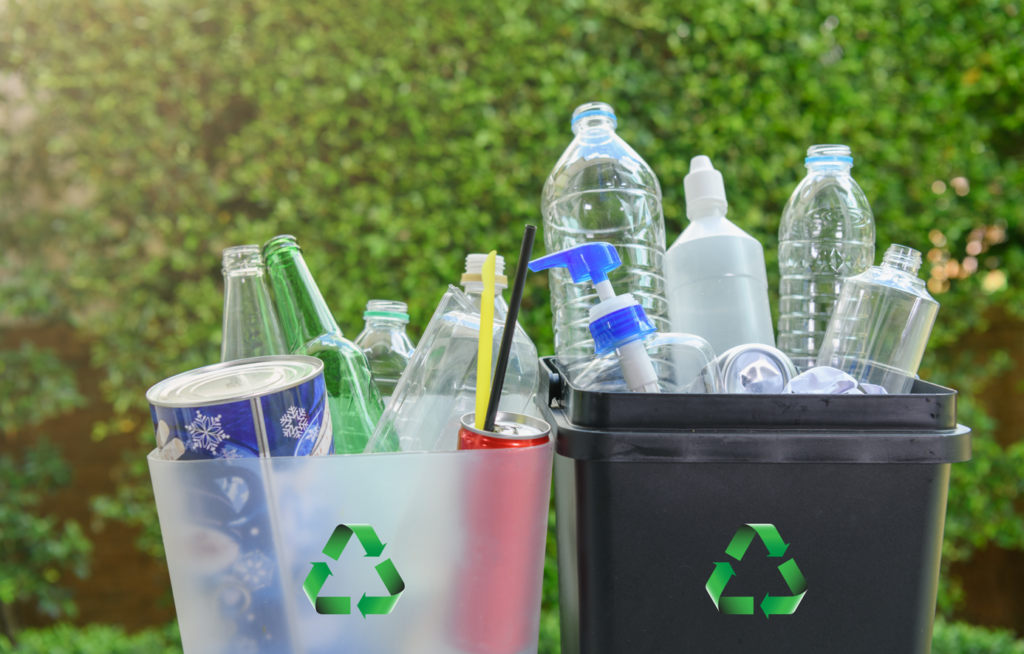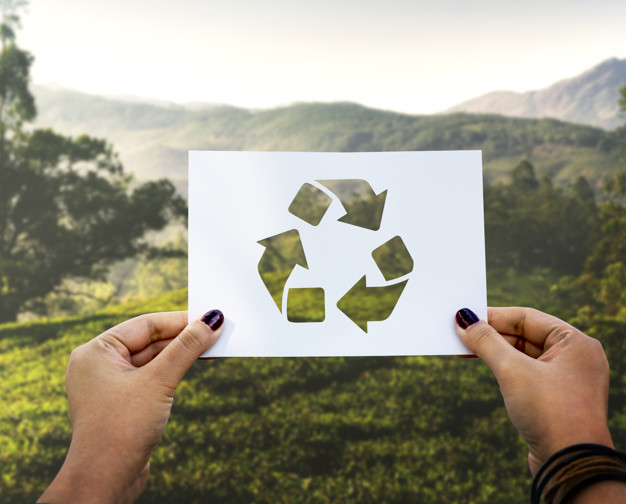
We all use it. It’s part of everyday life. And, if you looked around you, I’m sure you’d find numerous plastic products in your eye line, immediately and sadly in the environment.
But what do we really know about the substance? And why does it only seem to attract negative press?
“Plastics ruin the environment – our oceans in particular! Plastic next to our food and drink will give us cancer!”
Just a couple of myths. And here’s why:
Cancer Research itself has qualified the latter; they say “There is no convincing scientific evidence to back up such claims, or to suggest [such as] plastic bottles or cling film could cause cancer.”
And while no one can control how people dispose of their bottles and other plastics, companies are continually devising ways to clean up the environment. One such project involves The Ocean Cleanup organisation; their plan to deploy kilometres’ worth of ‘floating barriers’ aims to collect 42% of the Pacific’s plastic pollution – the result of inconsiderate dumping and/or poor waste management – with no harm to animals and sea life, using the ocean’s natural current to help harness the equipment. There’s no reason to think this couldn’t be rolled out globally.
Plastic bags, for instance, aren’t the bad guys they’re made out to be. Even before the 5p bag tax came into force in Britain – in the hope households would be encouraged to recycle their plastic bags – they represented less than 1% of the country’s overall litter problem. While it’s been claimed that there’s been an 86% reduction in single-use bags, I question the benefit to the environment when you consider the full life cycle impact of all the alternatives…alternatives that are heavier and therefore use more material, alternatives that consume more power to produce, which use more vehicle journeys to distribute, and which ultimately must be disposed of – often to landfill because they are not themselves recyclable.
It’s these reports that give plastic a bad rap. But who races to plastic’s defence, or counteracts these myths and misleading information?

Very few, unfortunately, but that’s the focus of this blog…
Plastic is a fantastic product. Used in packaging, it not only preserves and presents the packaged product in perfect condition, it is hygienic and extends shelf-life, which, in turn, avoids millions of tonnes of waste throughout the supply chain from farm to table. It does all this at the lowest environmental impact when compared to traditional materials, such as steel, paper/cardboard, aluminium, and other materials which are heavier to process and transport.
Plastic bottles and pouches, for example, over glass bottles and jars – or plastic bags instead of steel cans or cardboard boxes – also use far less power during their production. Because of the characteristics of plastic, and the ease of its manufacture, it’s more economical to produce. This means more complex products can be created, and more efficiently too – representing a much better economy throughout its lifetime, compared with other forms of packaging.
Taking into account end-products that are created using plastic elements (rather than alternative components) – think cars, aeroplanes, etc.; these weigh much less overall, and subsequently use less fuel as a result. A true win/win, from whichever angle you look at it the recycling aspect is significant. Landfill is an absolute last resort; the majority of plastic products are recyclable or biodegradable. However, the latter isn’t what the plastics industry recommends, as it could encourage more users to throw their plastic away. Also, it denies the possibility of recycling this valuable resource into other, second life products. No, recycling is definitely the better option; even after recycling and secondary use, we can recover the energy value by burning to produce power.
Regarding the environment, while I’m not suggesting plastics don’t have any environmental impact, and I completely agree that excessive packaging is wasteful and should be avoided, it needs to be said that all products and all human activity has an environmental impact one way or another. This is where there needs to be some perspective. For example, you may be surprised to learn that just one driver adding an extra twenty miles to his total annual mileage (the average round trip to the supermarket) leaves a bigger carbon footprint than a whole household’s consumption of polythene carrier bags, or that the total annual UK consumption (roughly 6.5 billion carrier bags) is equivalent to two hours of flight activity at Heathrow Airport. Just one long-haul return flight emits more CO² into the atmosphere than 5,000 years’ worth of the typical household’s plastic bag consumption.
Recycling plastic is also more economical and environmentally-friendly than you may think. For example, it takes 91% more energy to recycle a quantity of paper than the same amount in plastic. As for the production of plastic, just 4-6% of the world’s oil is used to make it.
The plastics industry throughout Europe alone directly employs more than 1.4bn people and has an annual turnover of £350bn. It’s growing, which is not surprising, given the efficiency of plastic as a product. The sheer adaptability and flexibility of plastic means it’s used across practically every other industry in existence.
At Cromwell, we deal with plastics all day long, so we’re already cheerleaders for the substance. There seems an imbalance, however; over time, the media has painted a certain picture of plastics, and people’s perceptions as a result, unsurprisingly, aren’t always positive.
In a world without travel and communication, medicines and healthcare, safe food and clean buildings, we may get by without plastics for a while. However, the simple truth is: the way we live today, we can’t do without it.
Plastic gets a bad rap, and in our eyes, it’s undeserved. It’s time we all appreciated what we have.